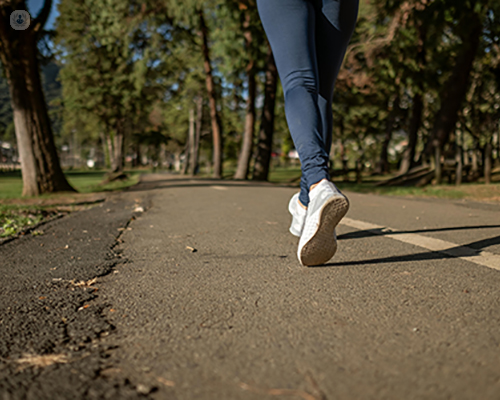Signs you might have a labral tear in your hip: A young adult hip problem
Written in association with:Hip pain affects roughly 40% of athletes and active adults and around 15% of all people over 60. Hip pain arises from various factors, yet a prevalent cause often involves a tear in the hip labrum. According to research, up to 55% of individuals who experience hip or groin pain have experienced a labral tear. Over time, certain chronic conditions or regular repetitive movements can cause tears in the hip labrum.

The labrum, made of fibrocartilage, acts like a rubber seal, holding the ball at the top of the thigh bone in the hip socket and contributing to hip stability. A healthy labrum helps maintain hip alignment and seals joint fluid, enabling smooth joint motion. Hip pain from a labral tear causes discomfort and often limits a person's mobility, leading to a diminished overall quality of life.
Here are some signs to watch for that could indicate a labral tear in your hip:
- Hip pain: Deep pain in the hip is often the most telling sign of a labral tear. A labral tear is frequently mistaken for a groin strain. The pain worsens during sports activities and when rotating the hip.
- Hip clicking or catching: It may feel like the bone gets caught in the socket, or you may hear the hip popping during everyday movements.
- Hip instability: The hip and leg sometimes feel that they will give way, especially when going up stairs or activities that cause hip rotation.
Certain patients with diagnosable labral tears of the hip may not experience noticeable pain. The sole symptom may be the hip locking up. Be sure to receive a professional diagnosis to determine the proper treatment regimen. Some labral tears can be effectively managed with nonsurgical treatments for an extended period. However, if nonsurgical approaches fail to provide relief, hip arthroscopy surgery remains an available option for patients.
Most of the patients recover fully from labrum surgery within 4 to 6 months, and can often return to previous athletic pursuits and physical activity, but if the labrum tear is because of underlying degenerative changes in the hip then hip arthroscopy may not be the best option.
Each patient's condition and injury are unique. Mr Farid Ud-Din at the Warwick Hip Clinic can help you with an expert opinion on the causes of your hip pain.
You can schedule an appointment with Mr Ud-Din on his Top Doctors profile.


